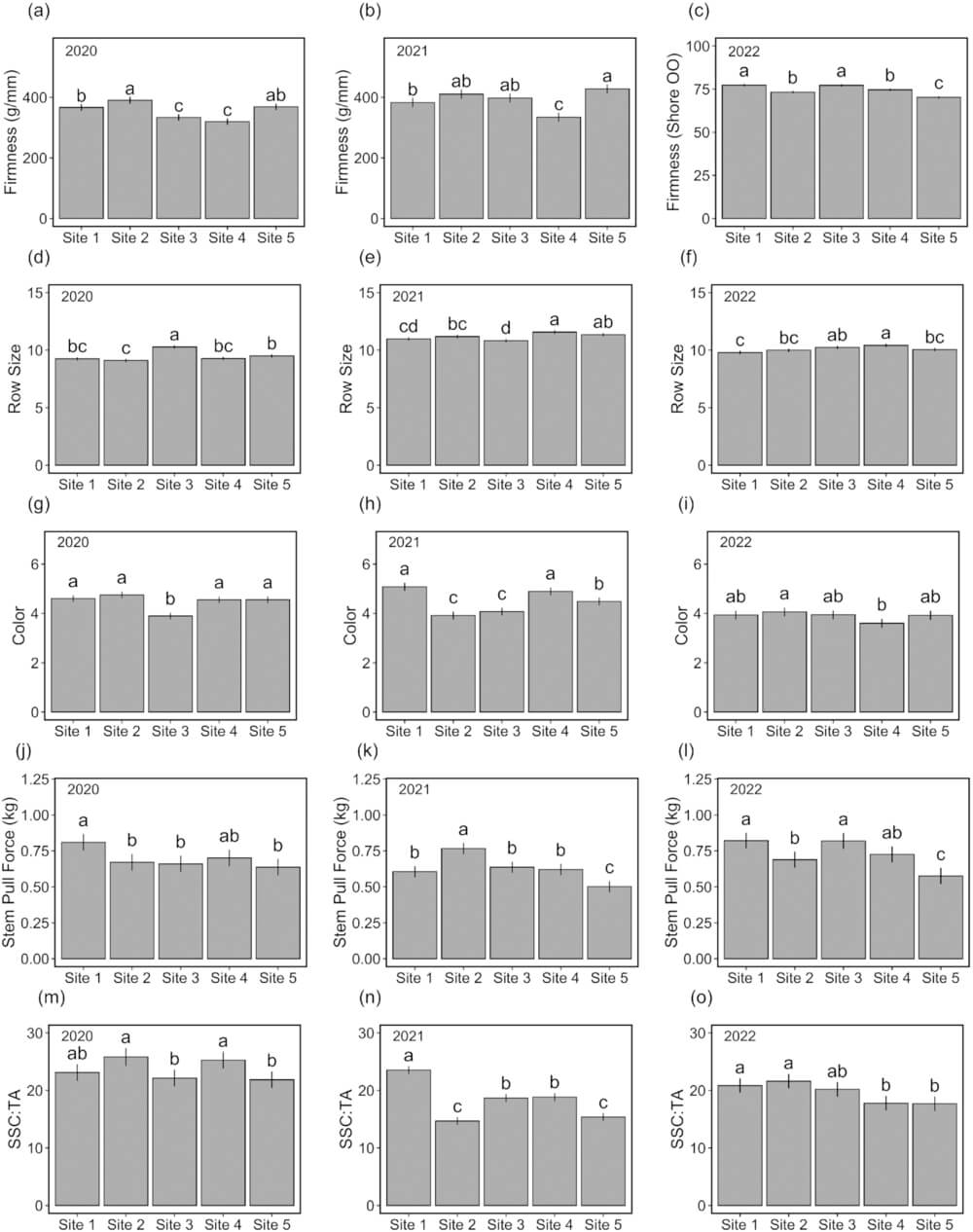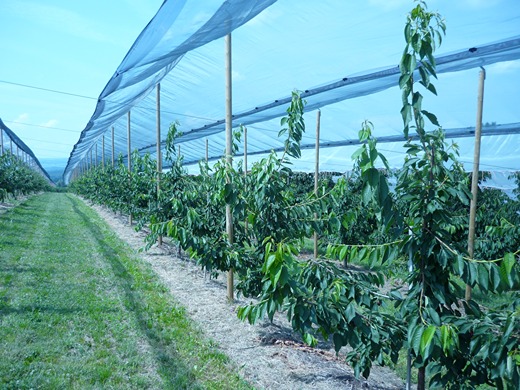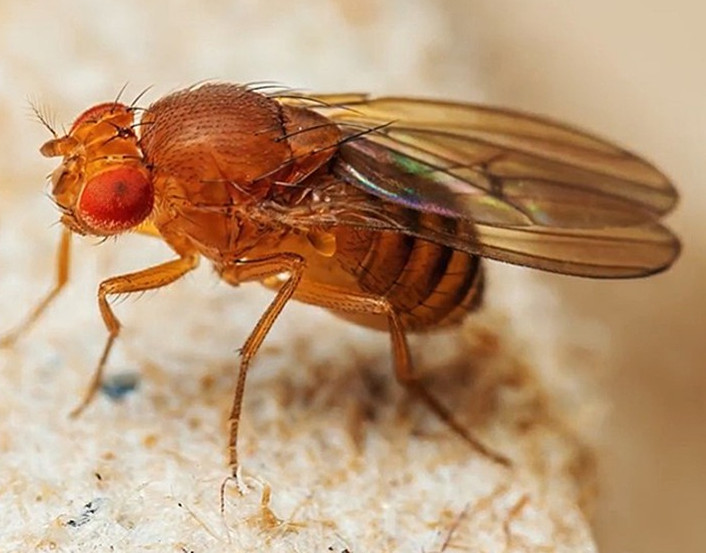Semi-arid regions will require, in the near future, greater volumes of irrigation water to maintain current yields, thus intensifying pressure on limited water resources. Therefore, it is imperative to evaluate irrigation systems that improve water use efficiency while ensuring crop yield and quality in order to improve agriculture's resilience to climate change..
Posthavest Deficit Irrigation (PDI) is a technique used to minimize water consumption in the latter stages of the growing season. This approach involves providing crops with less water than is lost through evapotranspiration after harvest.
Previous research has shown that the use of deficit irrigation in postharvest can lead to significant reductions in water consumption while simultaneously maintaining fruit yield and quality in several stone fruit species, such as apricots, peaches, and sweet cherries. However, studies on the effects of water shortage on spring phenology and cold resistance of stone fruit flower buds have not yet been conducted.
In temperate climate regions, it is critical to consider the impact of reduced irrigation on the cold hardiness of plants during the winter season. This is because frost damage can cause a substantial reduction in both the quantity and quality of fruit produced.
This study examines the effects of postharvest deficit irrigation on 'Sweetheart'/Mazzard cherry trees. The research was conducted in five commercial orchards in the Okanagan Valley of British Columbia, Canada, during three seasons (2019-2022). The study compared three different irrigation treatments:
- (i) a control group that received full irrigation according to conventional practices used by growers.
- (ii) the PDI-30 treatment that resulted in a reduction in irrigation volume of about 30 percent after harvest (with plants receiving a 60% of what supplied to the control group).
- (iii) the PDI-50 treatment that resulted in a reduction in irrigation volume of about 50 percent after harvest (equivalent to a 50% of what received by the control group).
The study aimed to evaluate the impact of deficit irrigation on various aspects of fruit development in the following growing season. Specifically, the research focused on spring phenology, flower bud moisture content and cold resistance, and fruit yield and quality. Both PDI-30 and PDI-50 induced no alteration in the timing of flower bud phenology, cold resistance or moisture content compared with the control group.
 Image 1: EMMs of the fruit yield (kg ha−1) by year ((a) 2020, (b) 2021, (c) 2022). Error bars indicate 95% confidence levels of EMMs. Values within the same site and year that share the same letter, or do not have a letter, do not differ significantly (p ≤ 0.05). EMMs: estimated marginal means.
Image 1: EMMs of the fruit yield (kg ha−1) by year ((a) 2020, (b) 2021, (c) 2022). Error bars indicate 95% confidence levels of EMMs. Values within the same site and year that share the same letter, or do not have a letter, do not differ significantly (p ≤ 0.05). EMMs: estimated marginal means.
The application of postharvest deficit irrigation had no significant impact on yield or fruit quality. The results of this study indicate that the application of postharvest deficit irrigation has the potential to mitigate irrigation water consumption in semi-arid areas without compromising cherry yield or fruit quality.
 Image 2: EMMs of the fruit quality parameters measured at harvest (fruit firmness as measured by a FirmTechII in 2020 (a) and 2021 (b) and a durometer (Shore OO hardness scale) in 2022 (c), row size in 2020 (d), 2021 (e), and 2022 (f) colour in 2020 (g), 2021 (h), and 2022 (i), stem pull force in 2020 (j), 2021 (k), and 2022 (l), SSC:TA in 2020 (m), 2021 (n), and 2022 (o)) Error bars indicate 95% confidence levels of EMMs. Values within the same year and parameter that share the same lower-case letter do not differ significantly (p ≤ 0.05). Treatment did not significantly affect any measures of fruit quality at harvest. EMMs: estimated marginal means.
Image 2: EMMs of the fruit quality parameters measured at harvest (fruit firmness as measured by a FirmTechII in 2020 (a) and 2021 (b) and a durometer (Shore OO hardness scale) in 2022 (c), row size in 2020 (d), 2021 (e), and 2022 (f) colour in 2020 (g), 2021 (h), and 2022 (i), stem pull force in 2020 (j), 2021 (k), and 2022 (l), SSC:TA in 2020 (m), 2021 (n), and 2022 (o)) Error bars indicate 95% confidence levels of EMMs. Values within the same year and parameter that share the same lower-case letter do not differ significantly (p ≤ 0.05). Treatment did not significantly affect any measures of fruit quality at harvest. EMMs: estimated marginal means.
This technique ensures both yield retention and fruit quality while mitigating the potential danger of frost damage to flowering buds. While this study significantly improved the understanding of irrigation techniques used in commercial orchards located in the Okanagan Valley, the researchers point out that it is likely to have produced inconsistent water deficit circumstances that depended on both the specific year and location of the study.
For this reason, it is important to continue research on the fruit tree physiology when subjected to water stress over several continuous years and characterized with different environmental conditions.
Source: E. Houghton, K. Bevandick, D. Neilsen, K. Hannam, and L.M. Nelson. 2023. Effects of postharvest deficit irrigation on sweet cherry (Prunus avium) in five Okanagan Valley, Canada, orchards: II. Phenology, cold hardiness, fruit yield, and quality. Canadian Journal of Plant Science. 103(2): 184-200. https://doi.org/10.1139/cjps-2022-0201
Melissa Venturi
University of Bologna (IT)
Cherry Times - All rights reserved












